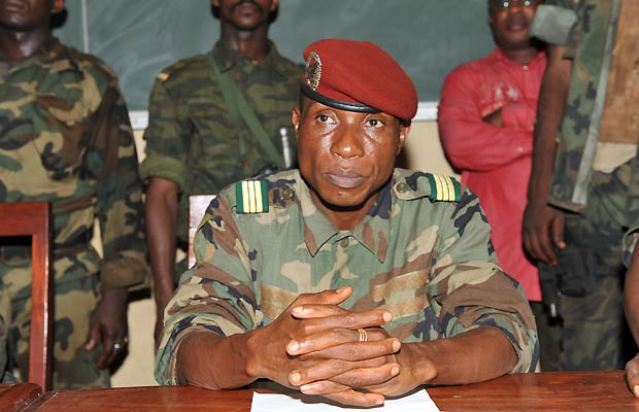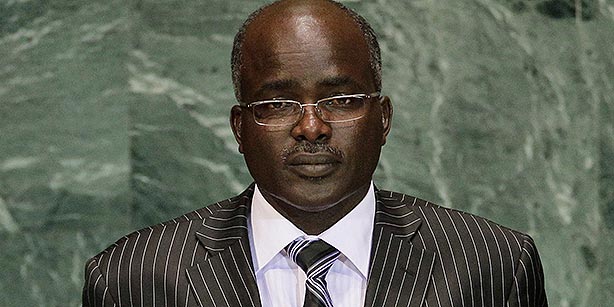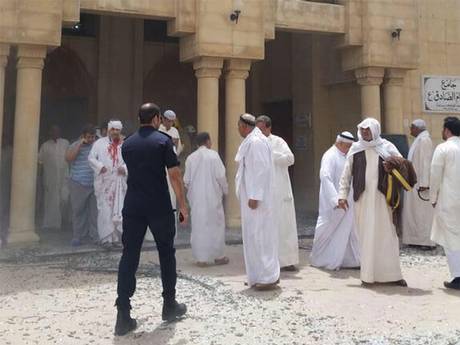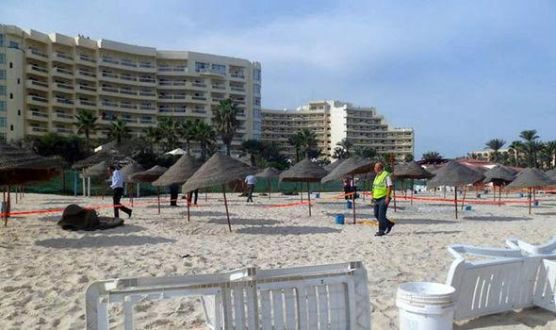Cellou Diallo, leader of the Union of Democratic Forces of Guinea (UFDG), the country’s main opposition party, is seeking an alliance with Moussa Camara (pictured), who led a military coup in Guinea in 2008, to defeat President Alpha Conde at elections in October.
Speaking in Conakry, capital of the country, on Wednesday, Alpha Bah, UFDG spokesman, said Diallo met with Camara in Burkina Faso, where he had been in exile since early 2010.
Bah said the talks with Camara were part of efforts to unify opposition forces to ensure fair elections and also unseat Conde.
“We decided to meet the president of the Patriotic Front for Democracy and Development (PFDD) because we need all the opposition forces to bring about a change of power in 2015,” he said.
Advertisement
Bah added that Diallo and Camara spoke of a convergence of viewpoints between them.
Camara, who has strong support in Guinea’s south-eastern forest region, announced in early May that he would contest the October 11 presidential poll as the head of PFDD.
Camara’s influence in the the region makes him an important potential kingmaker.
Advertisement
He ruled Africa’s largest bauxite exporter for almost a year, until he was wounded in a December 2009 assassination attempt.
His reputation was tarnished by a massacre of opposition demonstrators by soldiers in September that year. About 157 people were killed in that incident.
Conde, elected in 2010 in the first democratic handover of power since independence from France in 1958, has faced criticism from rights groups for the slow pace of the investigation into the killings.
Politics in Guinea is divided along ethnic lines.
Advertisement
Diallo comes from the Peulh tribe, Guinea’s largest, whose control over the economy has stirred resentment. While Conde is Malinke, the second-largest ethnic group.
Meanwhile, Guinea’s Independent National Electoral Commission (CENI) has scrapped a plan to delay local elections until 2016, boosting the negotiations between the opposition and the government.
The opposition had organised series of protests to press home their demand that local elections be held ahead of the presidential vote in order to prevent local officials named by Conde’s government, “to steal the elections”.
Four people were killed in the protests.
Advertisement
Add a comment






